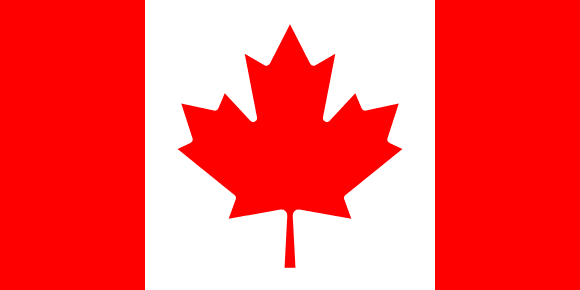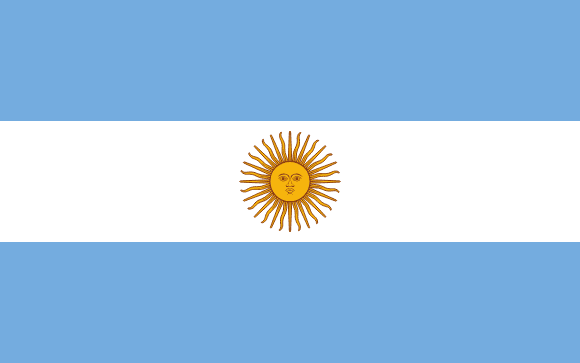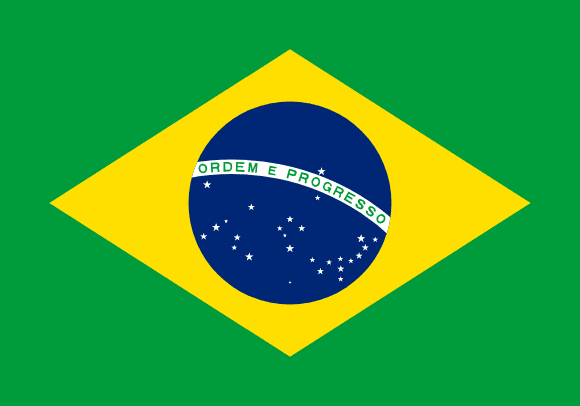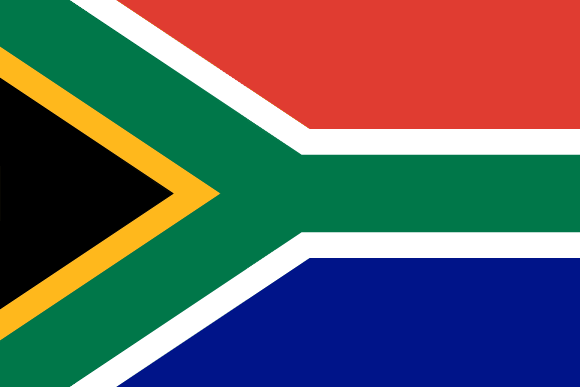Understanding Odds: How to Maximize Your Winnings
Betting odds are the backbone of horse racing betting, but they can be confusing for beginners and even seasoned bettors. Understanding how odds work, how they are calculated, and how to interpret them is crucial for maximizing your winnings. In this guide, we’ll break down the different types of odds, explain how to use them to your advantage, and offer strategies to help you make more informed betting decisions.

What Are Betting Odds?
Betting odds represent the probability of an outcome and determine how much you can win on a bet. They reflect the bookmaker's view of the chances of a particular horse winning a race and are usually influenced by the amount of money being wagered on each horse.
Types of Betting Odds
There are three main formats for betting odds: Fractional, Decimal, and Moneyline (American) odds. Understanding each format is important for bettors who want to maximize their potential returns.
1. Fractional Odds
Fractional odds are the traditional format used in the UK and Ireland. They are presented as a fraction, such as 5/1 or 7/2.
- How to Read: The first number (numerator) represents the amount you win if you bet the amount of the second number (denominator). For example, at 5/1 odds, you win $5 for every $1 you bet.
- Calculation: Total Payout = (Stake × Numerator/Denominator) + Stake
2. Decimal Odds
Decimal odds are commonly used in Europe, Australia, and Canada. They are presented as a decimal number, such as 6.00 or 4.50.
- How to Read: The number represents the total payout for a $1 bet, including your original stake. For example, odds of 6.00 mean you’ll receive $6 for every $1 you bet.
- Calculation: Total Payout = Stake × Decimal Odds
3. Moneyline (American) Odds
Moneyline odds are popular in the United States and are presented as either a positive or negative number, such as +500 or -200.
- How to Read: Positive odds (e.g., +500) show how much profit you would make on a $100 bet. Negative odds (e.g., -200) show how much you need to bet to make a $100 profit.
-
Calculation:
- For Positive Odds: Total Payout = (Stake × (Odds/100)) + Stake
- For Negative Odds: Total Payout = (Stake / (Odds/100)) + Stake
How Odds Reflect Probability
Odds are essentially a reflection of probability. The higher the odds, the lower the probability of the event occurring, and vice versa. Understanding this relationship is key to making informed betting decisions.
Converting Odds to Implied Probability
To better assess whether a bet offers value, you can convert odds into implied probability:
- Fractional to Probability: Probability = Denominator / (Numerator + Denominator)
- Decimal to Probability: Probability = 1 / Decimal Odds
-
Moneyline to Probability:
- For Positive Odds: Probability = 100 / (Odds + 100)
- For Negative Odds: Probability = -Odds / (-Odds + 100)
Understanding implied probability helps you determine whether the odds offered by the bookmaker accurately reflect the chances of the event happening.
Strategies to Maximize Your Winnings
1. Identify Value Bets
A value bet is when you believe the true probability of an event is higher than the implied probability suggested by the odds. To identify value bets:
- Calculate the Implied Probability: Convert the odds into implied probability.
- Compare with Your Assessment: Assess the event yourself and compare your probability estimate with the bookmaker’s. If your probability is higher, you’ve found a value bet.
2. Shop Around for the Best Odds
Different bookmakers may offer different odds for the same event. Shopping around can help you find the best odds, increasing your potential payout.
- Use Odds Comparison Websites: These platforms allow you to compare odds from multiple bookmakers quickly and easily.
- Consider Different Formats: Make sure to convert odds into a format you’re comfortable with if different bookmakers use different formats.
3. Understand Market Movements
Odds fluctuate as more money is wagered and as bookmakers adjust to balance their books. Understanding market movements can give you insights into where the smart money is going and when to place your bet.
- Monitor Early Money: Early market movements can indicate where professional bettors are placing their money, providing valuable insights.
- Bet at the Right Time: Odds can change rapidly, so timing your bet correctly can maximize your returns. Early odds might offer more value before the market settles.
4. Manage Your Bankroll
Effective bankroll management is crucial for long-term success in betting. By controlling the size of your bets relative to your bankroll, you can maximize your chances of staying profitable.
- Set a Budget: Decide how much money you are willing to risk and stick to it.
- Use a Staking Plan: Implement a consistent staking plan, such as flat betting or percentage staking, to manage your bankroll effectively.
5. Avoid Common Pitfalls
Certain habits can reduce your chances of winning. Avoid these common mistakes:
- Betting on Favorites Blindly: While favorites win more often, they don’t always offer the best value. Assess each bet on its own merits.
- Chasing Losses: Trying to recoup losses by placing larger bets can quickly deplete your bankroll. Stick to your strategy and remain disciplined.
- Ignoring Variance: Betting involves an element of luck, and short-term results can vary. Stay focused on long-term profitability rather than short-term wins or losses.
Conclusion
Understanding betting odds is fundamental to becoming a successful bettor. By mastering the different types of odds and using strategies to identify value, shop for the best odds, and manage your bankroll, you can significantly increase your chances of maximizing your winnings. Remember, the key to long-term success is discipline, research, and the ability to make informed decisions based on the odds in front of you.
More Betting Guides
Fundamentals of Horse Racing Betting
- Bankroll Management for Horse Racing: Tips to Stay Profitable
- Horse Racing Betting 101: A Beginner’s Guide to Understanding Bets, Racing Forms, and More
- Understanding Odds: How to Maximize Your Winnings
Betting Strategies
- Each-Way Betting: A Safer Approach to Horse Racing Bets
- How to Pick Winners in Horse Racing: Tips from the Pros
- Value Betting in Horse Racing: How to Identify and Capitalize on Undervalued Horses
Advanced Betting Techniques
- Mastering Exacta Betting: From Beginner to Pro
- Mastering Multi-Race Bets: Strategies for Pick 3, Pick 4, Pick 5, and Pick 6 in Horse Racing
- Trifecta and Superfecta Betting: Strategies for Big Payouts
Analysis and Prediction
- How to Analyze Past Performance to Predict Future Success
- Jockey and Trainer Analysis: How to Factor Human Elements into Your Bets
- The Impact of Track Conditions and Biases: How to Adjust Your Bets
Specialized Knowledge
More of our latest tips & picks
💎 Value Tips Finder
Discover horses with high tipster consensus but generous odds

United States
Tuesday
Tuesday
Tuesday
Tuesday
Tuesday
Tuesday
Wednesday
Wednesday
Wednesday

Canada
Tuesday

Hong Kong
Wednesday

Great Britain
Thursday
Friday
Friday

Argentina
Wednesday

Ireland
Thursday
🏇 Upcoming Races
See the most-tipped horses for races just around the corner.

Thorough Brett
"Being able to see what other tipsters are picking is fantastic. I love how you can quickly spot trending horses and get a feel for where the smart money is going. The popular picks feature is super useful."


